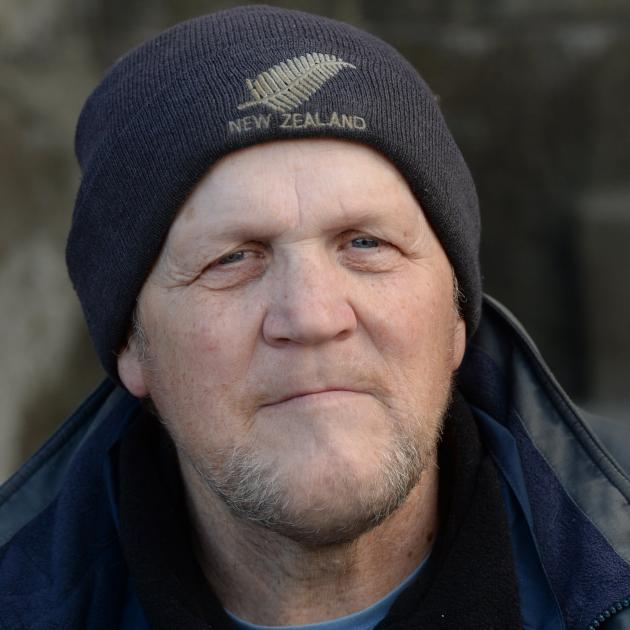
A total investment of $774 million was announced by the government last week to improve the current redress system for survivors as part of this year’s Budget.
These improvements included increasing the average redress payments for new claims from $19,180 to $30,000 and topping up previously settled claims by 50%, among others.
The $774m would also be invested in the wider care system over the next four years.
But funding the setup of a new and independent redress entity was not included, despite earlier assurances from the prime minister the government would have one up and running this year.
Erica Stanford, the minister in charge of the government’s response to the Royal Commission of Inquiry into Abuse in Care’s findings, said last week they had made the "difficult choice" of prioritising improvement to the current system as quickly as possible.
Historical sexual abuse survivor and former Dunedin resident Darryl Smith, KSM, who now lives in Christchurch, said he was "totally shocked" and "insulted" by the announcement.
"I just couldn’t believe it.
"I felt let down, I was depressed."
He had sent emails to the United Nations to file a "human rights complaint" against the government, and had made complaints to the NZ Human Rights and International Human Rights Commissions.
Mr Smith called the amount of money being offered to survivors a "low-life measure to save money" and said the $774m was going into a system which had already failed them.
In 2021, the Royal Commission made 95 recommendations for the establishment of an independent redress scheme, which was reiterated in its final report as an "immediate priority".
When Prime Minister Christopher Luxon delivered a national apology to survivors in Parliament in November last year, he announced the government would invest an additional $32m to increase the capacity in the current redress system while it worked on the new one.
"But I want to assure you it is our intention to have a new single redress system operating next year."
Mr Smith said he had spoken to Ms Stanford nearly two weeks before the Budget announcement during a special survivors-only New Year’s Honours event at Government House, in April.
"She told me we’re in for a good surprise. That was not a good surprise.
"I found it appalling how she was mingling with us and that she knew this was going to come out."
In a letter addressed to Mr Smith, dated March 20, Ms Stanford said the government remained committed to "carefully considering the Royal Commission’s full set of recommendations, including those relating to redress".
She reiterated Mr Luxon had signalled the government’s intention to progress work on a redress system this year.
"Until options have been developed and final decisions made, I cannot confirm when the improved redress system will be available to survivors."
Mr Smith said he thought he had misread the letter and it must be wrong, because Ms Stanford had told him in person in November the government would implement a new redress scheme.
During an urgent debate in Parliament on Tuesday, Ms Stanford said the $774m announcement was the "single largest investment into redress in this country’s history".
She had received advice that creating a new and complex system "would have taken an extraordinarily long period of time and would have been very expensive", she said.
Ms Stanford said in a statement the government "knew no amount of money can take away or right the pain of survivors"
"I acknowledge a key recommendation of both the Royal Commission and the Redress Design Group was for a new independent redress entity and some survivors are disappointed we are not progressing a new entity at this time.
"In taking these decisions about redress, Ministers prioritised the ability to be able to improve the system as quickly as possible for survivors and investing in changes that would make have a direct impact for them."











